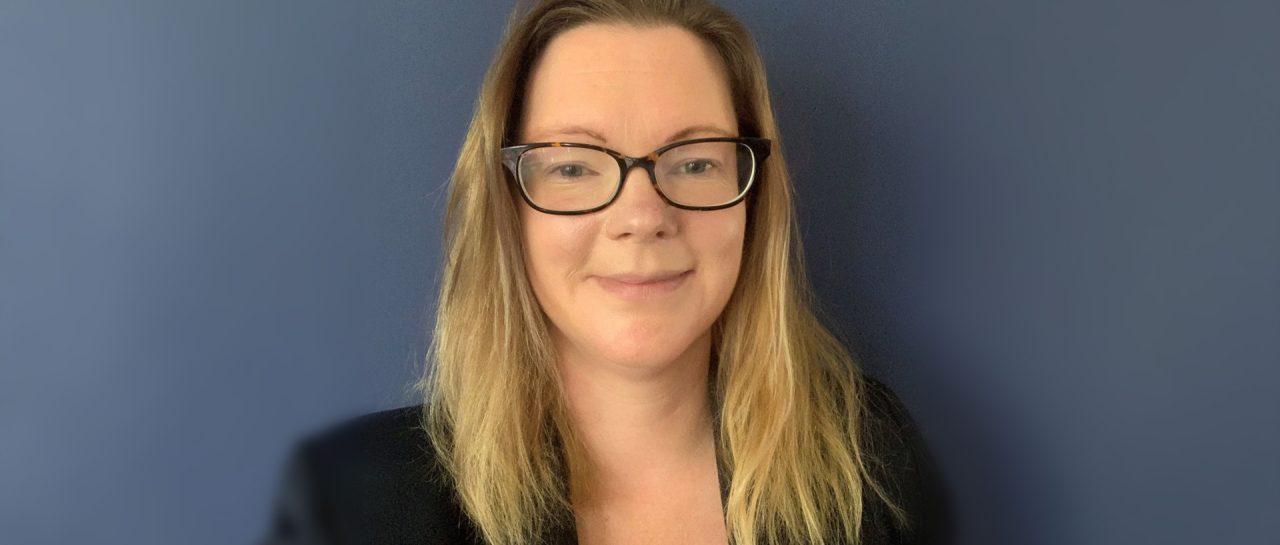An article authored by Maria Gardner, Founder of Psychology Works. Today is National Sickie. Less of an endorsement of absenteeism for work without reason, more a timely reminder that, everyone, at times needs a day off to rest, recalibrate and reset. It's not about glamorising…
Richard Plenty / Terri Morrissey This Is…
16th November 2021
Risks and uncertainty affect us all but we can use a number of psychological strategies to limit risks, plan ahead and reduce anxiety, argued Richard Plenty and Terri Morrissey at the November meeting of the ABP. Uncertainty, whether at work or in the home, can also trigger emotional reactions and even anxiety.
The world is riddled with uncertainty. Gone are the days of jobs for life and consistency and predictability in education and other familiar markers in the landscape of our environment.
Richard and Terri used Snowden and Boone’s (1999) systems approach to map uncertainty against their levels of complexity to show that as complexity increased so too does uncertainty.. The model offers four levels linking cause and effect from simple systems to total chaos.
- simple (or clear) systems, where there is a straightforward relationship between cause and effect
- complicated systems necessitating the need for technical expertise to understand the relationship, for example, the use of doctors or experts
- complex systems, which is the world of interaction and dialogue, where there is no clear link between cause and effect, and where people can view issues through different lenses. It is only possible to link cause and effect retrospectively and making predictions is challenging
- chaotic, where there is no apparent relationship between cause and effect and what happens is due to chance. This is the world of “Spirituality” or autocracy, where a leader can evolve from these situations and take total control
The concept of uncertainty poses dilemmas in the case of decision making: there are different kinds of dilemmas and we need different kinds of skills to navigate them. The dilemmas can give rise to different types of choices. For example, should we use
- Immediate action or patience?
- Planning or improvisation?
- Do we reflect on the past, analyse the present, or look to the future?
- Do we use Intuition or Logic?
- Do we persist or change course?
There is no straightforward answer to any of the above dilemmas, but they need to be shaped by the elements of risks and uncertainties.
In a chapter that they wrote for the book: Brexit in the Workplace co-edited by Ashley Weinberg, they quoted some of the findings highlighted by Professor Brian Hughes (Past President of the Psychological Society of Ireland) where one year post-Brexit
- Anxiety in the population as a whole increased by 16%
- Family conflicts increased by 20%
- Anger was experienced by 39%
- And about 40% felt out of control. This was regardless of whether people voted Yes or No
Uncertainty can however create opportunities if we know when to take them. Using the analogy of the route across Canada and the certainty of the prairies landscape giving way to the random unexpected mountains of the West, This Is… developed the concept of a “Framework for Uncertainty”. It reflects the sudden changes we face now in the unpredictable 21st Century and flags up the necessity for dealing with random, unexpected choices as they arise. Strategies for dealing with these include:
- Defensive, continue on the same path and deny the need for a change of approach
- Disrupting, recognising the need for change, changing the goalposts. This can be done in responsible or irresponsible way
- Accepting that the situation is outside our control so you may cross each bridge when you arrive at it
- Imposing one’s will on others such as “get Brexit done”
- Exploring an uncertain situation. This is the rational scientific approach which permits decision making following pursuit of a full understanding of the position.
The Richmor cycle, brings all these strategies together in to a four-step model of Reflecting > Strategising > Exploring and Experimenting > Acting Boldly and Decisively.
An example they gave of this in action was that of Mark Foley of CEO Eirgrid, the Irish Electricity Grid, when, in introducing his new vision and targets, explored with his stakeholders, customers and residents the move from fossil fuel power generation to the use of wind power. in a massive state- wide engagement process.
The competences required to navigate uncertainty (Richmor Competencies) can be mapped on to the diagram of a Shamrock with the three leaves representing the competencies of Strategic Thinking, Relationships and Managing Self. These are brought together in the stem which is one’s sense of character and purpose. Nelson Mandela, one of the greatest exponents of managing adversity, showed the way to dialogue by using all these constructs as a channel in building relationships and securing freedom from apartheid.
Concluding, they left us with a number of key messages from their Book “Uncertainty Rules?” You can’t eradicate uncertainty, it is a fact of life
- There is no quick fix to complex problems
- Adopt a proactive mindset
- Show respect and consideration for others
- Take personal responsibility
- Have a clear sense of purpose and values
- Control the controllable but don’t try and control the uncontrollable
- Create a routine to help reduce uncertainty
Don’t underestimate the power of enduring relationships with people you trust
Book: ‘Uncertainty Rules?’ https://b2l.bz/Rhjcc7
Music Video: https://youtu.be/ZjKWcPDy1eY



